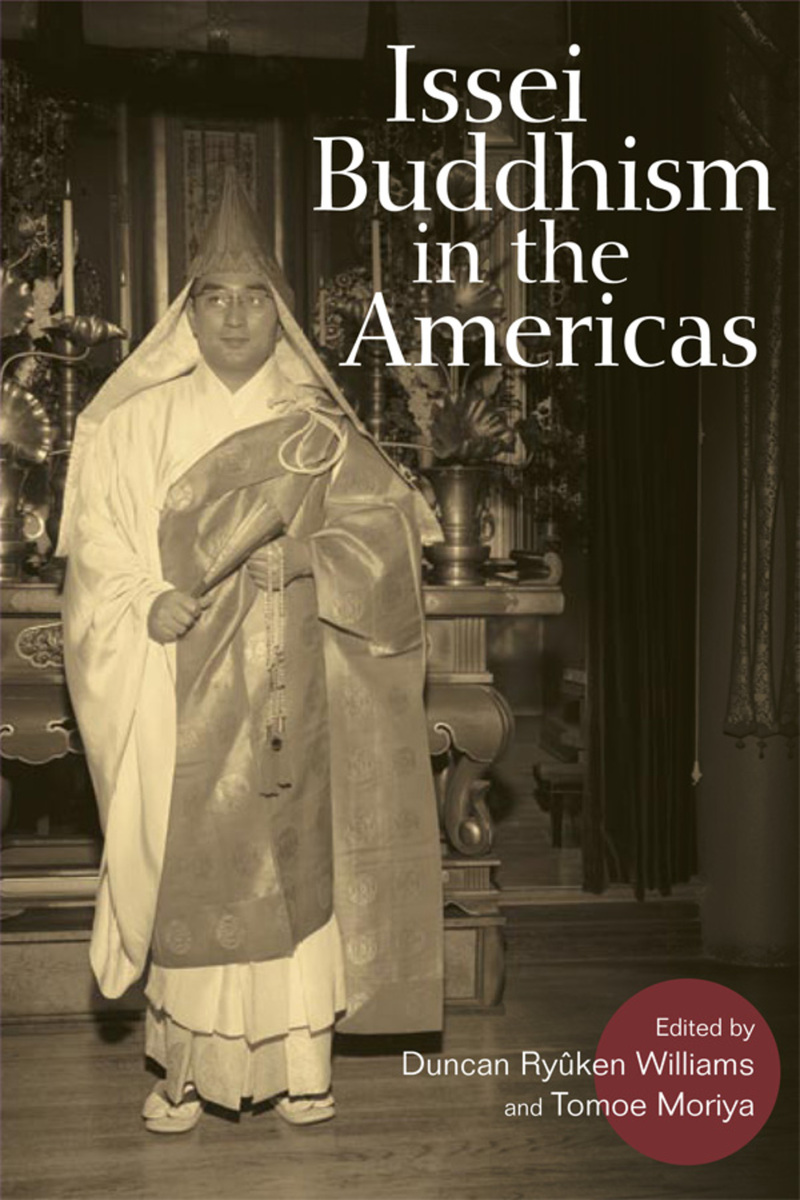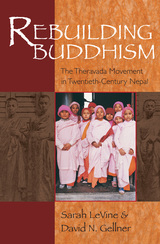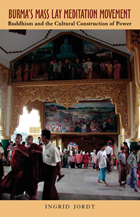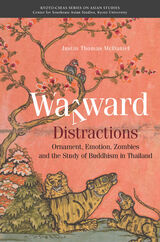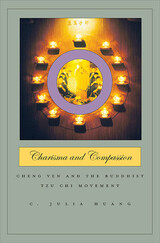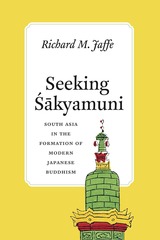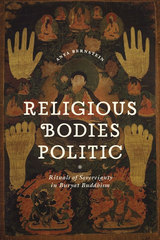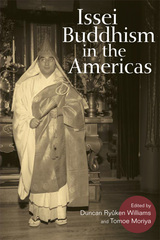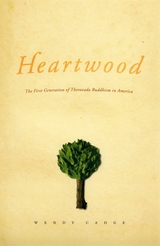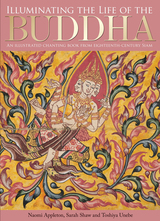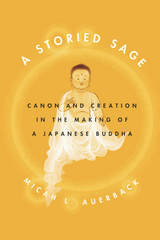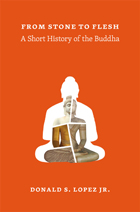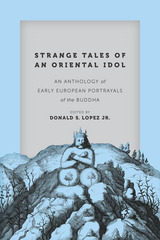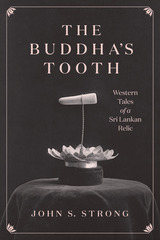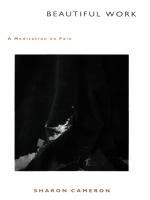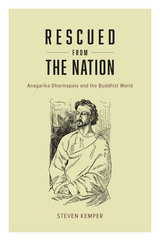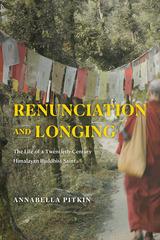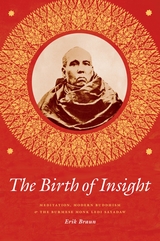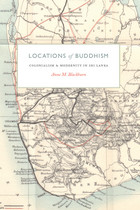Cloth: 978-0-252-03533-3 | eISBN: 978-0-252-09289-3 | Paper: 978-0-252-07719-7
Library of Congress Classification BQ724.I87 2010
Dewey Decimal Classification 294.39280869121
Rich in primary sources and featuring contributions from scholars on both sides of the Pacific, Issei Buddhism in the Americas upends boundaries and categories that have tied Buddhism to Asia and illuminates the social and spiritual role that the religion has played in the Americas.
While Buddhists in Japan had long described the migration of the religion as traveling from India, across Asia, and ending in Japan, this collection details the movement of Buddhism across the Pacific to the Americas. Leading the way were pioneering, first-generation Issei priests and their followers who established temples, shared Buddhist teachings, and converted non-Buddhists in the late nineteenth and twentieth centuries.
The book explores these pioneering efforts in the context of Japanese diasporic communities and immigration history and the early history of Buddhism in the Americas. The result is a dramatic exploration of the history of Asian immigrant religion that encompasses such topics as Japanese language instruction in Hawaiian schools, the Japanese Canadian community in British Columbia, the roles of Buddhist song culture, Tenriyko ministers in America, and Zen Buddhism in Brazil.
Contributors are Michihiro Ama, Noriko Asato, Masako Iino, Tomoe Moriya, Lori Pierce, Cristina Rocha, Keiko Wells, Duncan Ryûken Williams, and Akihiro Yamakura.
See other books on: Americas | Asian American & Pacific Islander Studies | Buddhism | Immigrants | Japanese
See other titles from University of Illinois Press
